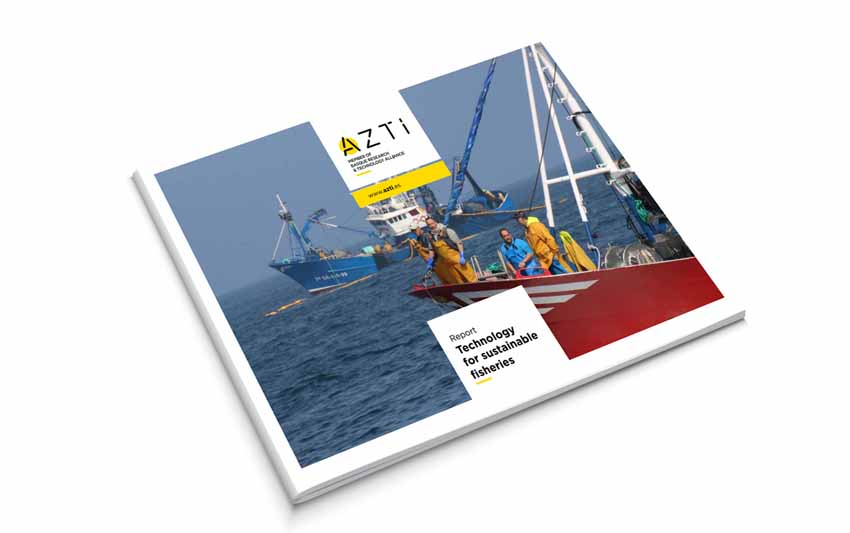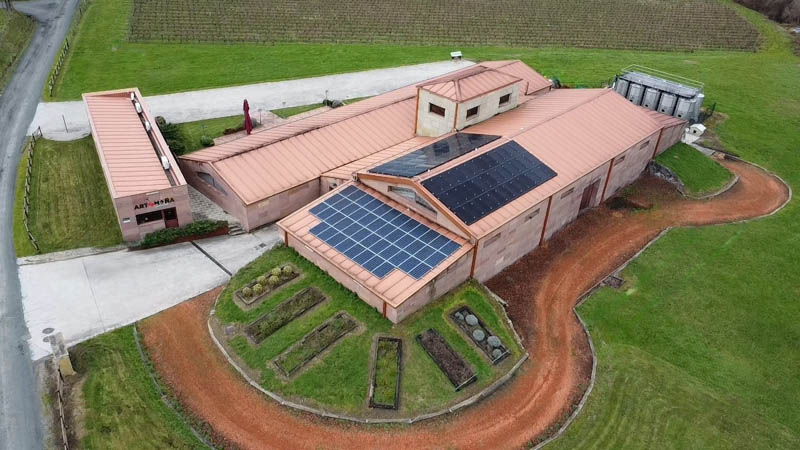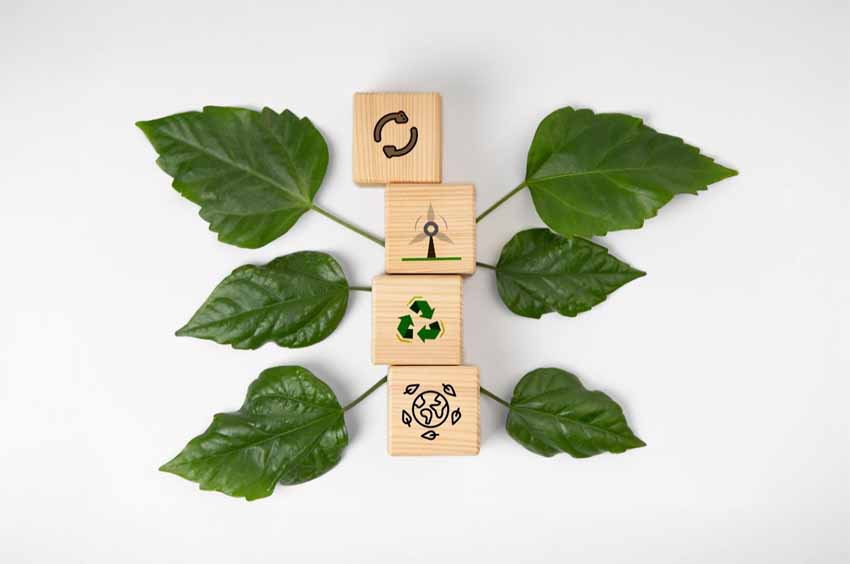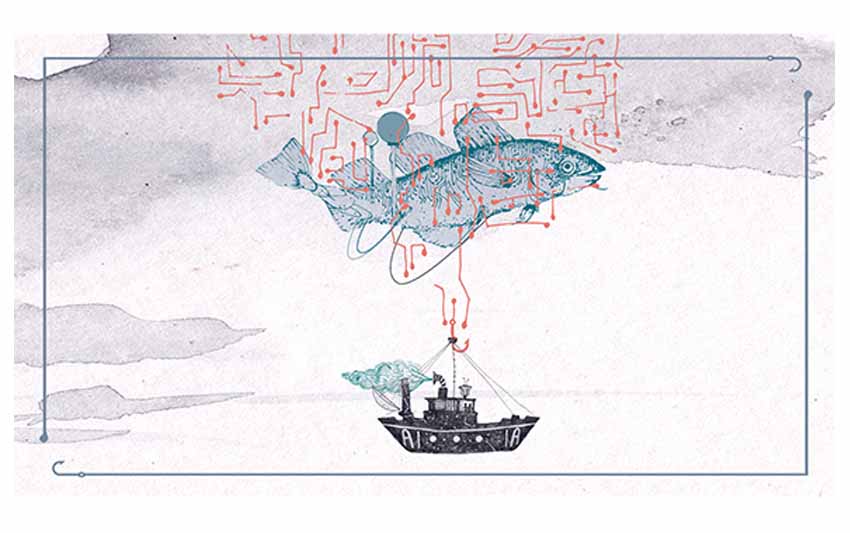AZTI transforms mussel process water into natural and sustainable food ingredients
Últimas noticias
Digital Transformation of the Fishing Fleet: AZTI Explores the Future of the Industry with AI and Sustainable Solutions
The replica of the San Juan will set sail on a scientific mission thanks to an agreement between Albaola and AZTI.
Artomaña Txakoli Achieves the Best Enviroscore Category (A), as a Result of Its Environmental Commitment
- AZTI has developed a method for producing food ingredients from the wastewater used to process mussels.
- This study focuses on using techniques such as membrane filtration to concentrate flavouring compounds.
- The results of the study, published in the journal “Environmental Challenges“, open up new possibilities for the use of natural ingredients in the sector. The aromatic compounds present in the broths resulting from the steaming of mussels were concentrated up to twenty times. The process also significantly reduces the organic load of the final effluent.
- The initiative has been funded by the European Union through the Biobased Industry Join Union and in collaboration with a mussel industry.
Derio, 8 February 2024. As part of its ongoing efforts to promote sustainable practices in the food industry, AZTI has developed an innovative method for recovering flavours from the effluents generated during mussel processing. This pioneering research, published in the prestigious journal “Environmental Challenges“, is remarkable for its use of advanced techniques such as nanofiltration and diafiltration to convert mussel process water. These processes allow the concentration of flavour compounds, including glutamic acid, known for its essential role in umami flavour.
These results are part of the WASEABI project, which is funded by the EU through the Biobased Industry Join Union and involves 13 partners from 4 countries.
This study, carried out in collaboration with Pescados Marcelino, a Galician company dedicated to the cultivation and processing of mussels, focuses on the recovery of part of the liquid effluent generated during mussel processing. This not only allows valuable compounds to be recovered, but also contributes to the sustainability of this food industry.
Mónica Gutiérrez, efficient production expert at AZTI, explains: “This project not only allows valuable flavours to be reused, opening up new opportunities for the use of natural ingredients in the food sector. It also represents a significant step forward in reducing the environmental impact of food production processes, making it easier for factories to comply with waste management regulations”.
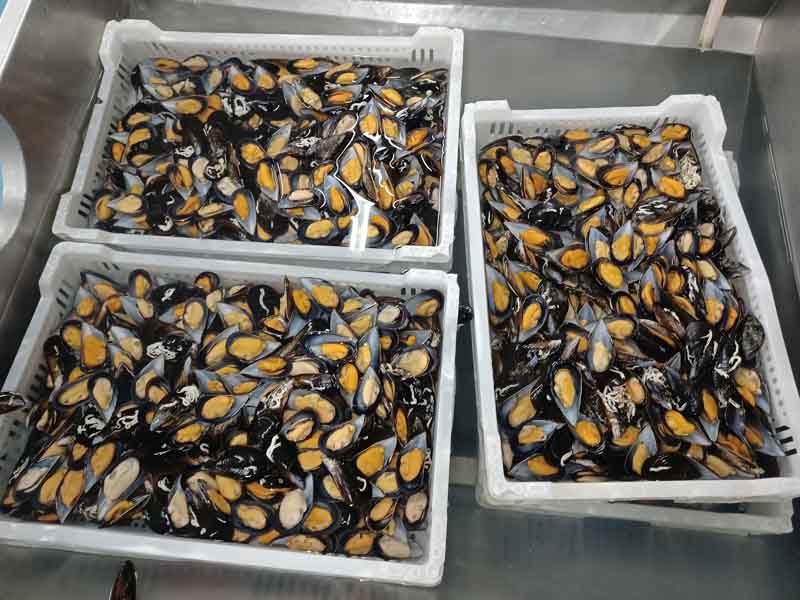
Promising results
Membrane technologies have been used to concentrate up to 20 times the aromatic compounds present in the broth from the steaming of mussels. At the same time, the volume of effluent is reduced by 80% and its organic load by 90%, helping to significantly reduce the environmental impact of this activity while more than complying with the final effluent parameters.
In order to improve the organoleptic profile of the recovered ingredients and reduce their salt content, the application of diafiltration technologies has also been studied in order to obtain ingredients with a higher potential for use.
The project, which will be completed in 2023, not only highlights the importance of collaboration between universities, technology centres and industry, but also demonstrates AZTI’s innovative capacity to promote sustainable practices in the food sector.
Monica Gutierrez, David San Martin, Jone Ibarruri, Giuseppe Foti, Carlos Bald, Nerea Goienetxea, Jaime Zufia, Bruno Iñarra. Recovery of savory compounds from mussel cooking side stream as circular economy solution. Environmental Challenges 14 (2024) 100840. https://doi.org/10.1016/j.envc.2024.100840
